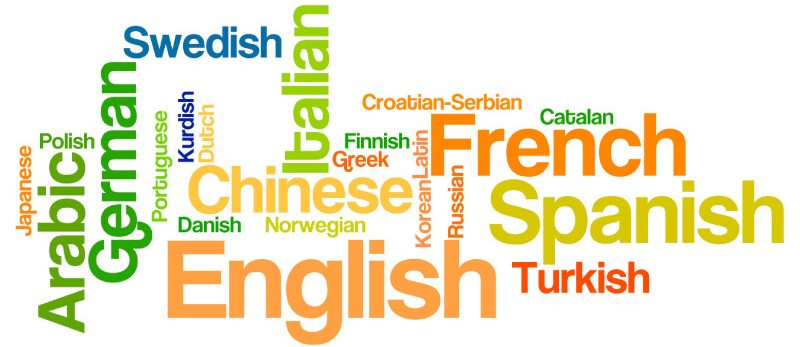After growing up in Chicago for most of life, my family and I moved to San Francisco shortly before the beginning of my sophomore year of high school. Going to school in the city was an eye opening experience for me, especially at a school that was very diverse, unlike what I had been to before.
After finding my way around for about a semester, I began to form a group of friends that I am still close to today. My friend group, while only totaling around ten or eleven people, is a proper representation of the whole school in terms of diversity of cultural backgrounds. My friend group entailed mostly young men born from immigrants from across the world. As a result, I have become used to walking into different households with different social norms and cultures.
My friends parents are positive representations of the American Dream being available to immigrants that arrive in the United States. However, we must not discount the other representations that occur in our country as well. Unfortunately, not every immigrant is given the opportunities that my friends parents were given. In fact, as a part of our schools service efforts, we often made trips into different neighborhoods of San Francisco and got to see first hand what being an immigrant in the US is like. One experience that I remember very clearly was at a soup kitchen in the Tenderloin District of San Francisco, a particularly underserved district of San Francisco. In the dining room, there were countless languages being spoken that I could hear. The servers told us that lots of them do not speak English and will therefore kind of point at things.
I was so puzzled, thinking “How are we in the United States of America and there are immigrants here without being able to speak English, as well as lack the resources to learn to do so?”
For this project, I wanted to take it to another level and question the urban education system and what they are doing to assist young immigrants in cities like San Francisco. Overall, I have come to the conclusion that there still needs to be lots more done before what is needed is achieved.
The most important point I took from my research: until policy changes are made federally or at the state level, allowing and mandating for public schools to mandate stricter English language immersion for recent immigrants as well as providing services for adult English learners is a must. Until this happens, grassroots and non-profit organizations must continue to step up and take this role to provide these services to immigrants and hopefully, serve as many immigrants as possible.
One of the issues with this hope is that not all immigrants may find a service that will assist them. After recently immigrating, it is very natural for one to be quite insecure especially if they do not know the language of the country they are in. I can attest to this after traveling to many countries without speaking the local language! As a result, these services need to publicize their assistance as much as possible for easy recognition.
From my research, I also learned of the countless benefits immigrants receive, also moving them closer to achieving their dreams. Before diving deeper into my research, I grouped these benefits in three categories: political, economic, and social. I will explain again in a bit more detail how important these aspects are to not only immigrants themselves, but also for our country and future immigrants.
Politically, by increasing immigrant English language proficiency, immediately there will be an increase in the voting poll. With my voters, the immigrants will be able to voice their opinions and theoretically point resources towards immigrant issues.
Economically, by increasing immigrant English language proficiency, there will be a greater potential for employment and higher valued work. Without speaking English, many immigrants are immediately barred from a certain level of work, but by breaking this barrier, immigrants will be able to take their education and employment goals as far as they desire.
Socially, by increasing immigrant English language proficiency, there will be furthered cohesiveness for all members of all communities. Being the Melting Pot of the world, the US was built upon immigrants working together to achieve their goals. By increasing English proficiency, these goals will only become more attainable.
